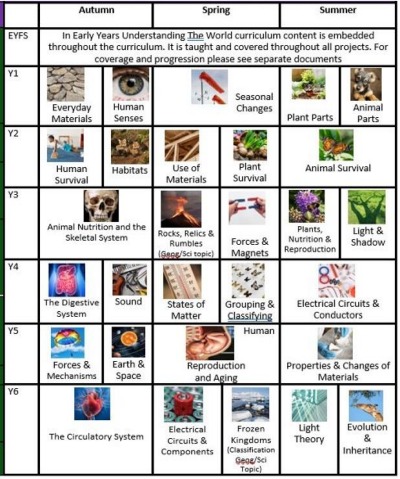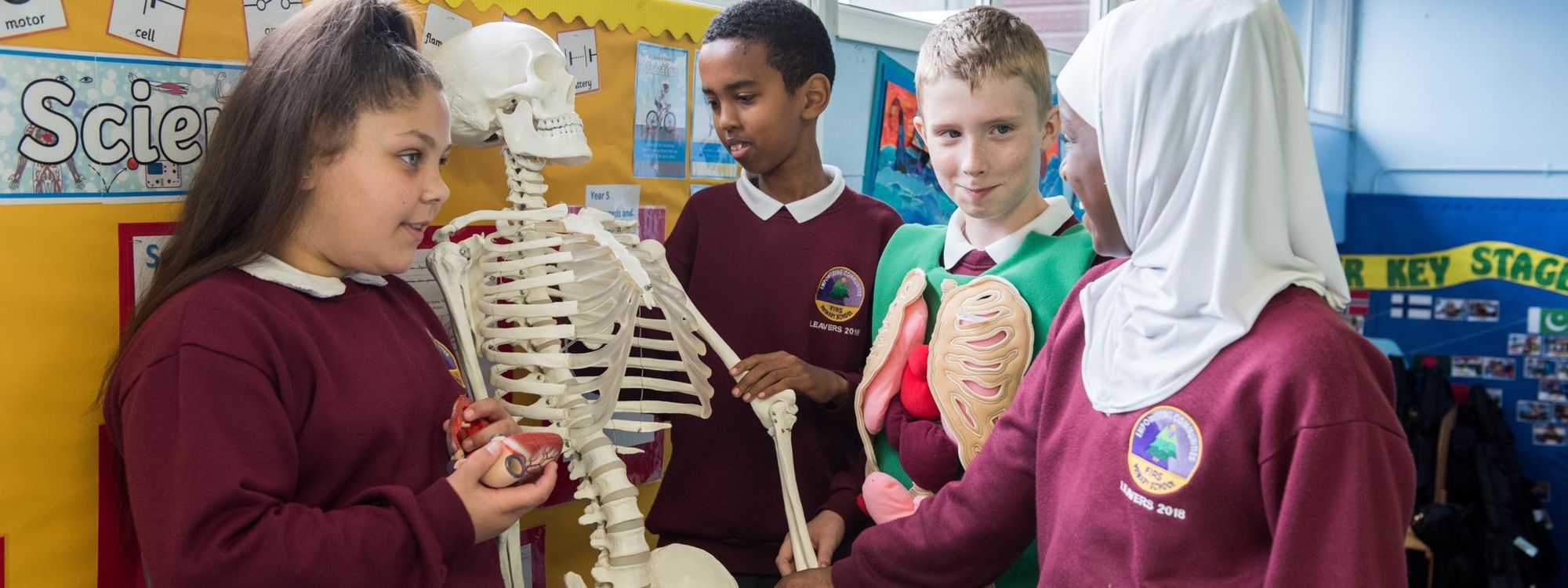- Home
- Curriculum
- Subject Information
- Science
Science
“Science and everyday life cannot and should not be separated.”
- Rosalind Franklin
Intent
At Firs Primary School – we are scientists. It is our intention to equip children with the foundations for understanding the world through a scientific lens. We aim to develop a fun, practical and engaging high-quality curriculum that inspires the next generation to succeed and excel. All children will develop a strong understanding of the world around them whilst acquiring specific skills and knowledge to help them to think scientifically; to gain an understanding of scientific processes and also an understanding of the uses and implications of science, today and for the future. We want to encourage our children to answer the great mysteries of the universe by becoming independent learners by exploring possible answers to scientific-based questions. Our aim is to inspire children to continue to use Science in their everyday lives and in the future.
We focus on building extended specialist vocabulary, enabling pupils to articulate scientific concepts. We ensure pupils build an awareness of potential risks when investigating. We have designed a curriculum that asks pupils to be brave in their thinking, predicting, investigating and thus we nurture future scientists.
Our chosen vehicle for delivering the science programmes of study is Curriculum Maestro.
Our Science overview:

Implementation
Our Science curriculum (Cornerstones) offers a broad range of experiences designed to provide pupils with a progression of scientific understanding, skills and knowledge. Importance is placed on first-hand experiences as well as using resources readily available to the teachers. We have a whole school approach in how we approach the science curriculum, planning and delivering lessons discretely through the Cornerstones Scheme and additionally, wherever possible, making cross-curricular links throughout school. Understanding of key ideas in science is built on across the key stages and a progression of skills allows pupils to move from early observations and exploration, to consider questioning and drawing upon ideas.
Impact
The impact of this curriculum design will lead to Science being a valued subject, which whilst stands alone, also allows for cross-curricular links. Valuing the subject and ensuring high quality teaching and learning of Science will allow for progress over time, across key stages, relative to a child’s individual starting point and their progression of skills. Workshops, trips and interactions with our Science curriculum will lead pupils to be enthusiastic Science learners. This will be evidenced in a range of ways, including pupil voice, their work and their enjoyment of the subject.
By the time pupils leave Firs Primary School, they will have developed the skills, knowledge, and understanding to succeed as confident, independent future scientists in secondary education and beyond.

